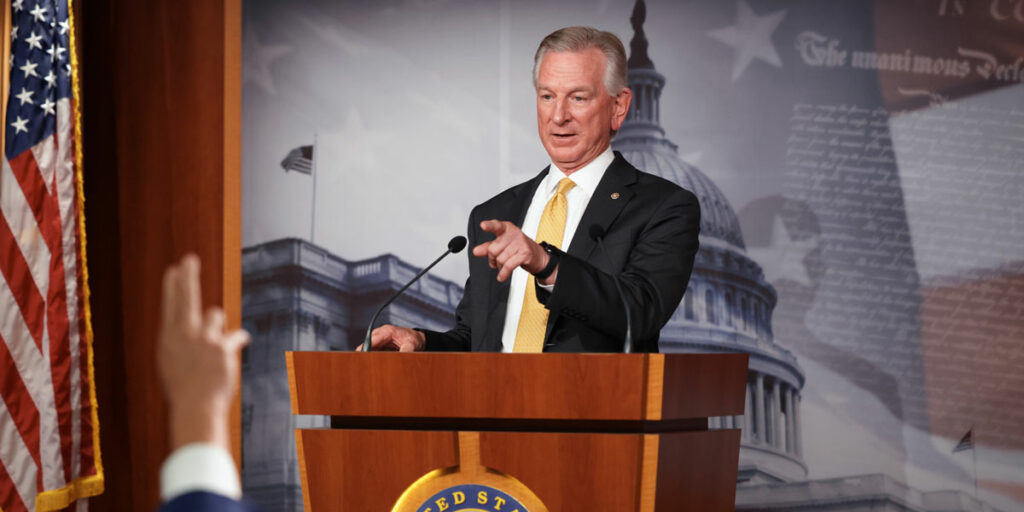
According to the American Forces News Service, Alabama has over 66,000 military personnel based in the state at installations like Fort McClellan, Anniston Army Depot, Redstone Arsenal, Fort Rucker and Maxwell Air Force Base.
Alabama’s fighting forces have been deployed all over the globe and have a reputation for valor that was earned over centuries of service.
So famous were one particular Alabama outfit’s battlefield exploits during WWI, in fact, that General Edward H. Plummer exclaimed, “In time of war, send me all the Alabamians you can get!”
But it now appears that Alabama’s military personnel, along with American service members stationed all over the world, will soon be deployed in a new war: the Obama Administration’s so called war on global warming.
Over the weekend, U.S. Secretary of Defense Chuck Hagel unveiled a comprehensive plan for how the Obama Administration plans to use the U.S. military to address global warming.
The Pentagon has for years considered global warming a “threat multiplier,” meaning they believe it could destabilize parts of the world where Obama administration officials forecast global warming will cause increased migration and skirmishes over limited resources, like water.
But the new plan, which the Pentagon has dubbed their “2014 Climate Change Adaptation Roadmap,” moves global warming off of the back burner and makes it an issue of first importance to the United States military, especially when it comes to how it prepares its troops.
“A changing climate will have real impacts on our military and the way it executes its missions,” Secretary Hagel wrote in his introduction to the report. “We are considering the impacts of climate change in our war games and defense planning scenarios.”
Sherri Goodman, who runs a group of former high-ranking military officers that now studies US national security, told The Guardian that American war games scenarios would likely now include factors that the administration believes are being caused by global warming.
“You could make the game more complex with sea-level rise, and extreme weather events,” she said.
The Guardian also noted that the military is planning a massive reevaluation of troop locations at roughly 7,000 U.S. military facilities.
Wholesale base closures or relocations are not expected, but it is unclear how, if at all, the Pentagon’s renewed focus on global warming will impact Alabama’s military mission moving forward.
Follow Cliff on Twitter @Cliff_Sims












